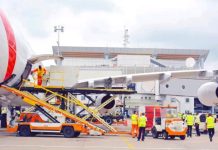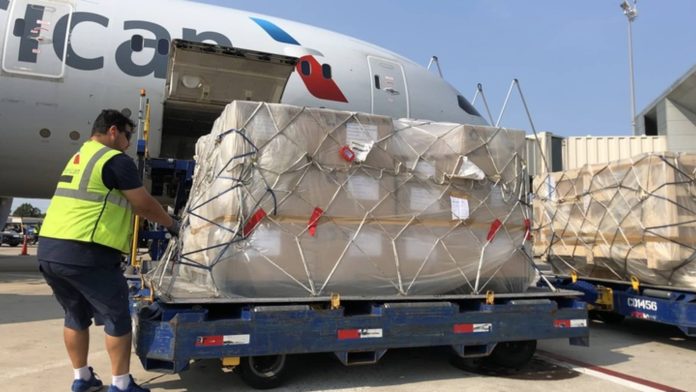The global air cargo market continued its robust recovery in November 2024, with demand, measured in cargo tonne-kilometers (CTK), increasing by 8.2% compared to the same month in 2023. This marks the 16th consecutive month of growth, according to data released by the International Air Transport Association (IATA). For international operations, demand rose even higher at 9.5%. Capacity, measured in available cargo tonne-kilometers (ACTK), grew by 4.6% year-on-year, with international capacity increasing by 6.5%.
IATA’s Director General, Willie Walsh, described November as a strong month for air cargo, with demand growth nearly doubling the increase in capacity. He highlighted that fuel costs, which were 22% lower than the previous year, combined with tight market conditions, supported a 7.8% yield growth. Walsh expressed optimism about closing 2024 on a profitable note for air cargo, though he cautioned against downside risks, including inflation, geopolitical uncertainties, and ongoing trade tensions.
The operating environment reflected a mix of encouraging and cautionary signs. Global industrial production rose by 2.1% year-on-year in October, while global goods trade expanded for the seventh consecutive month, registering a 1.6% increase. However, while the Purchasing Managers Index (PMI) for global manufacturing output remained above the growth-indicating threshold of 50 in November, the PMI for new export orders stayed below 50, suggesting persistent uncertainties in global trade. Inflation presented a mixed picture, with the US Consumer Price Index (CPI) rising to 2.7%, the EU’s inflation rate increasing to 2.5%, and China’s consumer inflation continuing to decelerate to just 0.2%, raising concerns about an economic slowdown.
Regionally, Asia-Pacific airlines led the growth in demand with a 13.2% year-on-year increase, supported by a 9.4% capacity rise. North American carriers saw a 6.9% increase in demand, with capacity growing by 2.2%. European airlines reported a 5.6% growth in demand, with a 4.3% rise in capacity. Middle Eastern carriers experienced a 3.6% demand increase despite a slight 0.6% decrease in capacity. Latin American airlines recorded an 11.6% surge in demand, with capacity growing by 6.4%. In contrast, African airlines experienced a 0.7% decline in demand, coupled with a modest 0.4% rise in capacity.
International trade lanes performed exceptionally well, achieving a 9.5% year-on-year growth in November, driven by strong e-commerce demand in the United States and Europe. The growth also reflects ongoing constraints in ocean shipping capacity, which have bolstered the appeal of air cargo for time-sensitive goods.
As the year draws to a close, the global air cargo market remains a vital component of the international trade ecosystem. Despite the challenges, its sustained growth underscores its resilience and critical role in connecting global economies.













